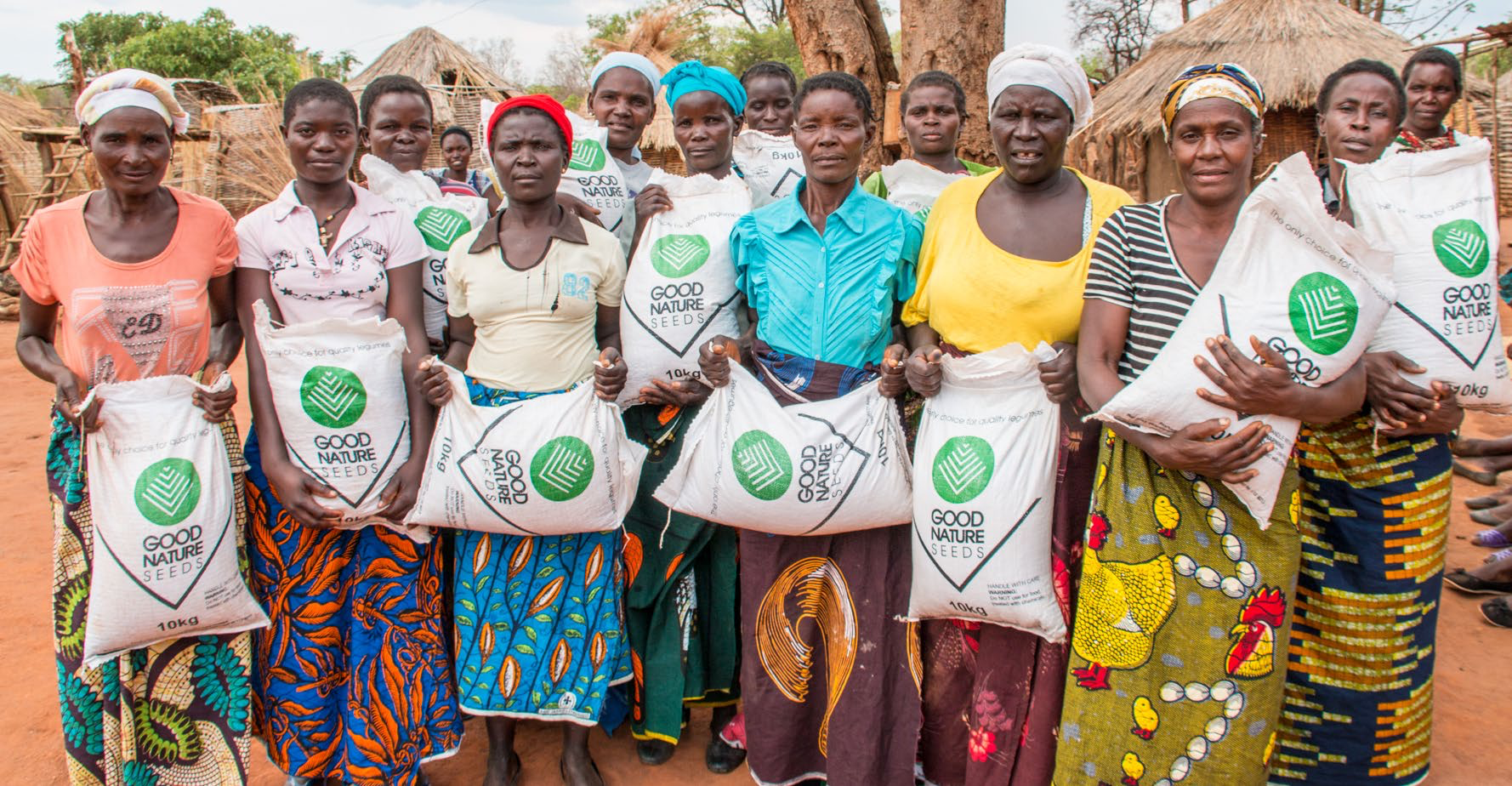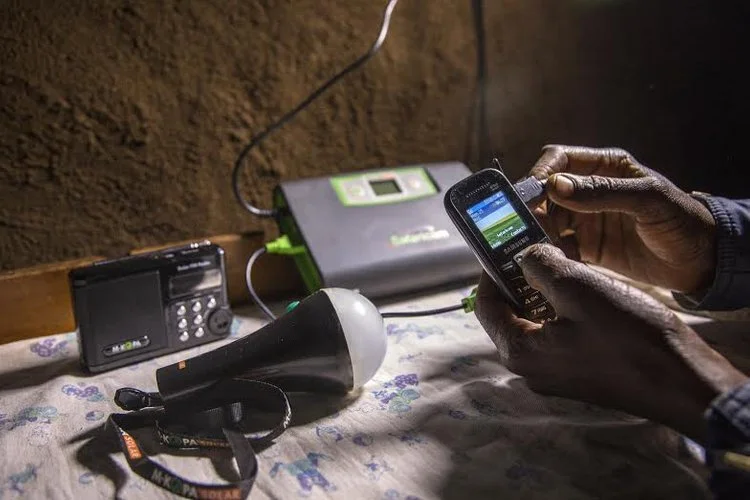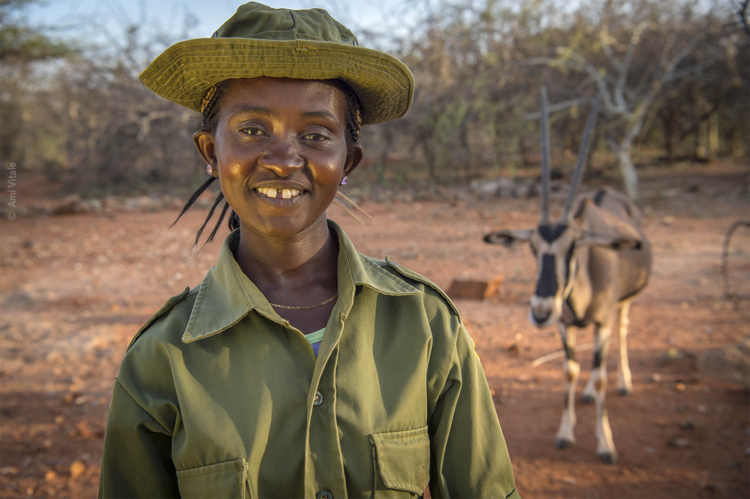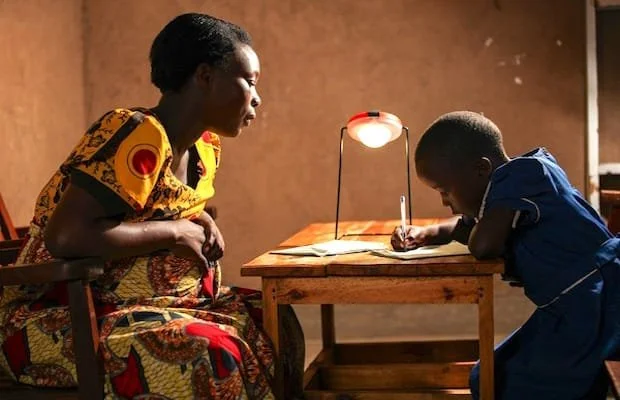
Case studies
Best practice examples of gender lens investing across themes, geographies and asset classes. For more JEDI-specific case studies, explore the JEDI Investing toolkit.
Leveraging Capital to Shift Gender Norms: Catalysing Women’s Empowerment in Kenya’s Blue Economy
In the blue economy sector for example, an analysis by the Africa Enterprise Challenge Fund (AECF) revealed that gendered norms consistently favor men while creating significant barriers for women’s access to opportunities. These norms include: women not being allowed to touch fishing boats during their “special days”, not being included in property inheritance and not being allowed to take up public leadership positions when their spouses are present. Left unchecked, these biased norms have led to incidences of gender-based violence, under representation of women in leadership and decision making, increased burden of care among women and significant gender gaps in access to finance.
Women-Adapt: Amping up Gender Impacts in Climate Finance
The Women-Adapt project, supported by the Green Climate Fund and implemented by the World Food Programme, aims to empower women in the Poro Region in Cote d'Ivoire by integrating a gender lens into climate adaptation actions.
The project is centred around the understanding that women are key agents of change and holders of knowledge and skills that can contribute to climate resilience efforts while proactively promoting activities intended to address the gender disparities due to existing patriarchal structures and gender-discriminatory policies, practices, and norms.
Asili Agriculture: Building Resilience and Competitive Advantage in Agriculture Through an Inclusive Gender Approach
Asili is an integrated food security platform in East Africa, which helps farmers sustainably increase their agricultural outputs and incomes by providing improved seeds, financial and marketing services and training in good agronomic practices and conservation agriculture. Asili’s farms comprise over 8,000 hectares of land under management with a network of approximately 15,000 smallholder farmers. Through their regional hubs, they provide a vital link between small-scale and large-scale producers, agricultural commodity buyers and service providers.
Good Nature Agro and Global Partnerships
Good Nature Agro (GNA) is a for-profit social enterprise that works with rural, small-scale farmers in Zambia and Malawi to supply the region with high-quality legume seed and commodities. GNA’s model provides farmers with certified seeds and inputs on credit, in-depth technical assistance (TA), farmer-friendly financing, and guaranteed off-taking contracts.
Juhudi Kilimo and BlueOrchard
Juhudi Kilimo was founded in 2004 as a simple agriculture microlending initiative to serve rural Kenyan farmers who could not access formal financing due to a number of economic, social and environmental barriers, including their remoteness (lack of infrastructure), limited market access, poor climatic conditions, lack of agronomic data, low literacy, lack of collateral or borrowing history, and poor or no financial records.
Engie Africa
Promoting women’s access to reliable and cheap electricity in remote villages across Uganda under an off-grid solar scheme.
Madagascar Jirama
Supporting women by investing in the drinking water supply system of Antananarivo.
Northern Rangeland Trust
Supporting women’s entrepreneurial ventures investments in coastal Kenya by investing in community conservancies.











